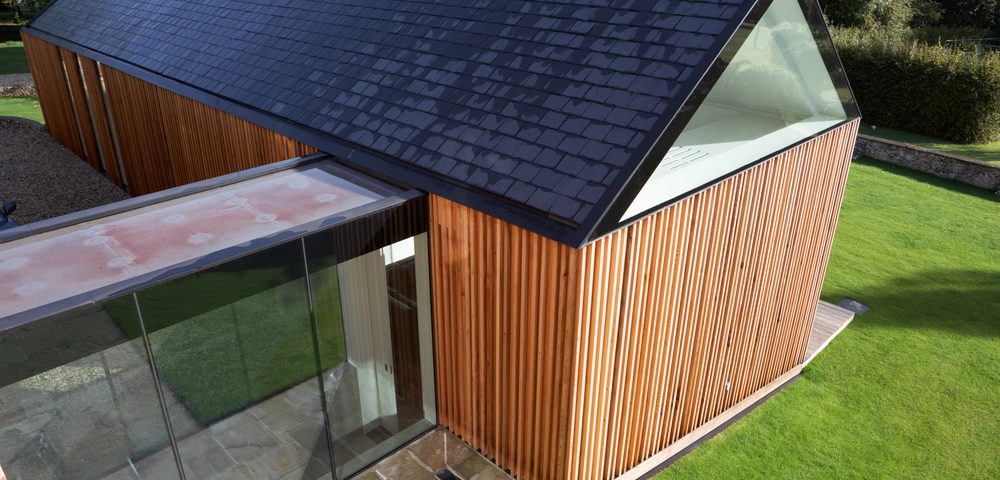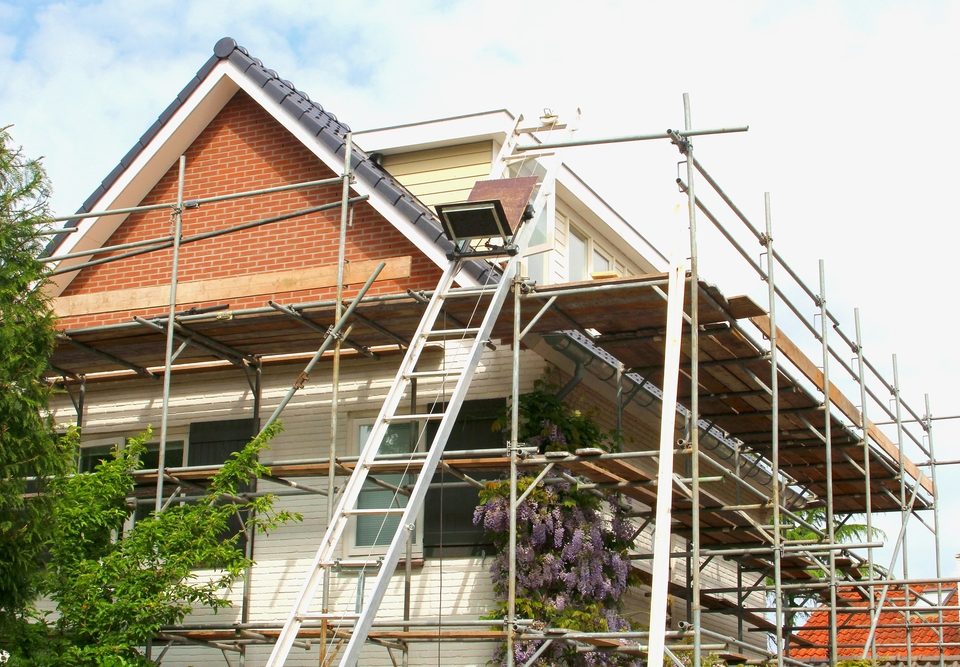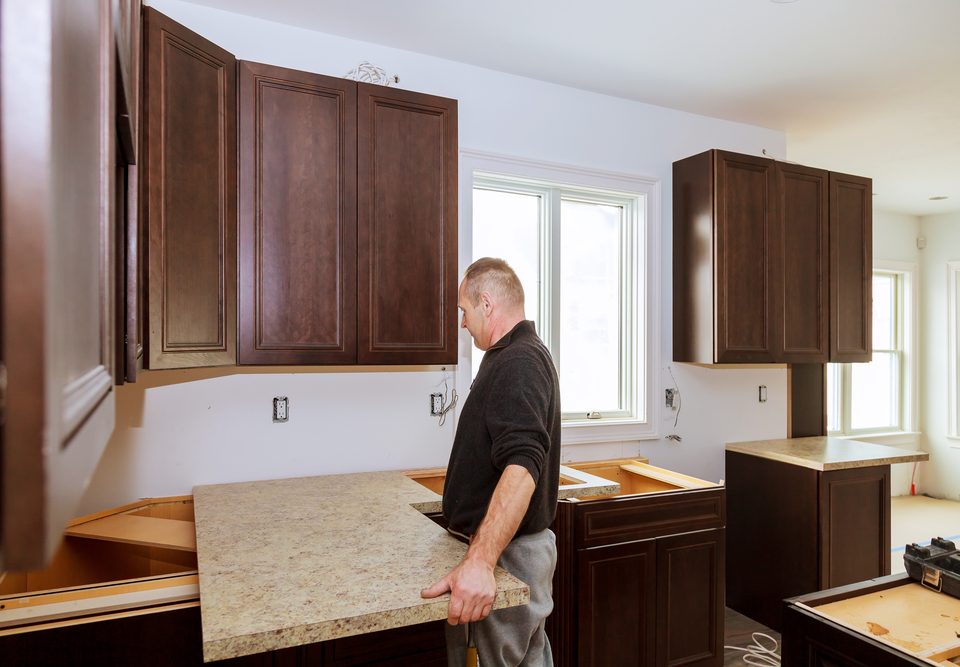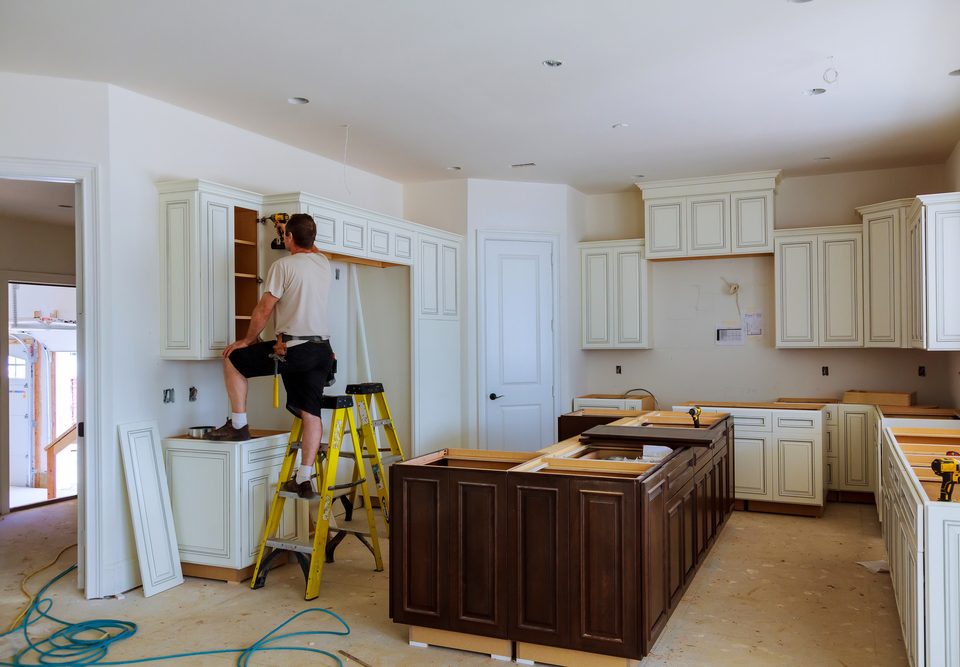- Call Today:
- 0333 358 3991
- myproject@r8e.co.uk
Home Extensions: 7 Easy Ways to Cut Costs

Kitchen Renovations: 6 Trends to Look Out for in 2019
March 7, 2019
How Much Does an Extension Cost?
March 25, 2019Home extensions, if not managed properly can end up costing you more than you budgeted for. It’s important that you stick to the plan and ensure that everything runs as smoothly as possible. Before you attempt a home extension, read through these 7 easy ways to cut costs.
1. Keep your design simple
Although intricate designs can be appealing and look great, so can simple designs. In fact, simple designs are trending in 2019. This is good news for you for people doing home extensions because the simpler the design, the cheaper it is to implement. Obviously, materials play a big role but if you go for mid-range materials you will save big time!

2. Stick to the design
When you hire the services of an architect or opt for an all-inclusive construction company, you must stick with what is initially designed if you want to keep the budget down.
This is because any drastic changes to the design could prove costly. Avoid extra costs on home extensions by having a suitable building contract with an itemised budget and an order of works in place, which will help save you money in the long run.

3. Save on planning fees
As we said in the beginning, keep your design simple. The simpler it is, the less you will have to pay someone to design it. If you are looking to cut on costs, the last thing you need is an overly complicated plan that is expensive to build.
We recommend going with an in-house architect. Some building companies will have this, and they will create drawings for a fixed, all in one price, including the build.
If your extension falls within your permitted development rights, no planning application is needed, saving you a few hundred pounds.

4. Avoid complicated groundworks
In our experience, one aspect of home extensions that can end up being very costly is building near complicated groundworks, such as trees, drains or sewers, as this will increase groundwork costs. Especially when extending a period or character property. You need to evaluate whether the amount you put in is recoupable or if the extension is going to cost you.

5. Organisation is key
Corresponding with the people who are going to be delivering the materials to your site is imperative. Timing their deliveries can save you a lot of money. Think about it, if you have labourers standing around, waiting for hours on materials to arrive, you’re not only wasting time, but you’ll be paying them for nothing. A building site with no one working on it is very costly.
6. Reuse existing materials
Don’t just throw away old, existing materials. They can be reused or sold rather than dumped.
What to look out for:
- Kitchen units
- Old floorboards
- Doors
- Radiators
- Hardware from basins, baths, showers and sinks
- Tiles
- Window frames
All of these can be reused and given a new finish. What you don’t use, sell.
Another tip for cutting costs on home extensions is by buying salvaged materials. You can find some gems online or at salvage yards and it’ll prove to be a lot cheaper than buying new. Depending on what look, or ear of design you’re going for, you can get second-hand materials such as a fireplace, or sash window that will instantly add character to your home extension.

7. Avoid changes and mistakes
Look, it sounds like quite an obvious point, but making changes or mistakes on your home extension that wastes labour and materials will have a huge impact on your overall cost to build.
Bear in mind that by measuring on site, and not just off of your plans will help cut costs. Sometimes, walls aren’t level, and neither are floors, so take all of this into consideration.
Spend a lot of time at the design stage, visualising your end goals because the more issues you can anticipate the lees it will cost.
Over-ordering materials can also be a huge waste of money. The thing is, you don’t want to run out either because this could create additional issues such as running out of a material mid-build and then trying to order more of it, but it is no longer available.
Our advice? These home extension cost cutting tips will make your house renovation easy, so hire a professional building service – unless you’re very experienced yourself, building companies have years of experience anticipating issues like this. Further to this, if they under order it’s on them, not you. If you plan on extending into your loft, we have everything you need to know right here.
For professional building advice and services, get in touch with us for a free quote today.




